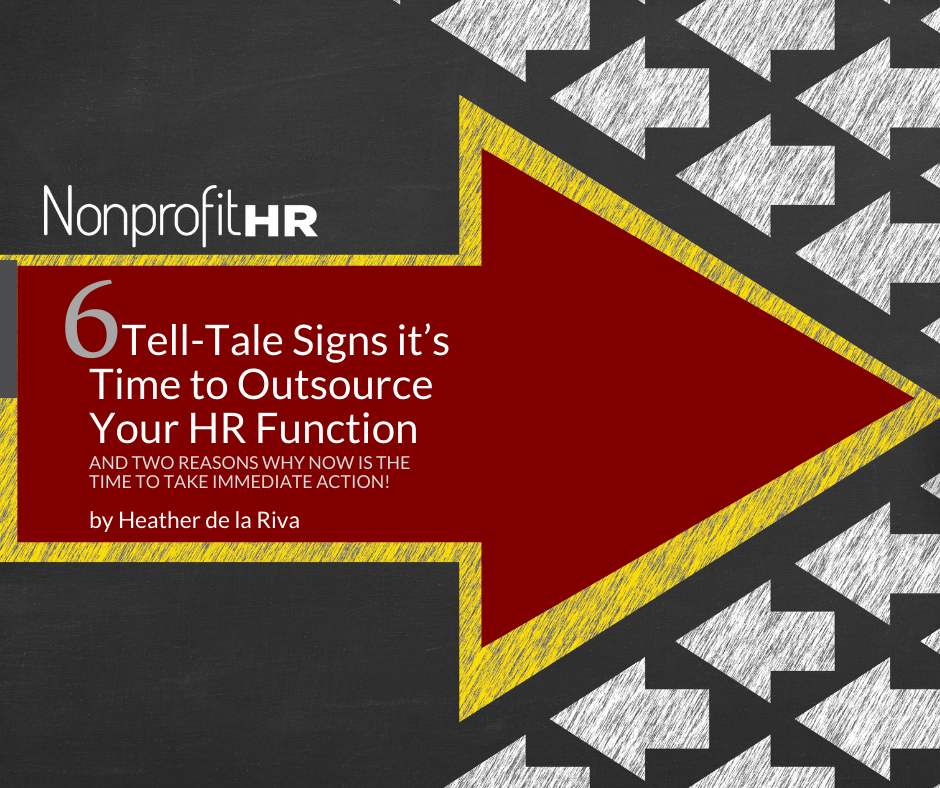WTOP: 5 ways nonprofits can…
At any level of hiring, interviewing is a strange process: two people sit across from each other in a room, both nervous and highly aware that everything they say has enormous weight. In an executive interview, the stakes are especially high. The interviewer worries they’ll fail to ask questions capable of uncovering meaningful insights about a candidate’s ability to lead an organization, and the interviewee worries that their answers won’t paint them as the qualified, standout candidate they are.
With all this pressure, it’s tempting to wonder if interviews even work. When a Google study came out recently noting that the scores interviewers gave a candidate had absolutely no correlation to the candidate’s eventual job performance, recruiters began to ask: is there still a place for the interview in today’s hiring processes? It’s a question we’ve been discussing a lot around here at Nonprofit HR.
While there may be weaknesses inherent in the interview process, it doesn’t mean it should be done away with entirely. Interviews offer a valuable opportunity for candidates to position their beliefs, skills and experience as they see them, giving the interviewer interesting insight into how they’ll behave as a leader at their organization.
The interview process doesn’t need to be redone: it simply needs to be finessed. Here are some best practices for making the most of the interview:
Determine key competencies and characteristics.
Working with the other executives at your organization and the leadership of your board, come up with the key competencies and characteristics an employee at your organization needs to be successful. Once you have solidly defined those criteria, you can structure your interview to determine how well the interviewee meets them.
Focus on experience.
A great interviewer knows that the best way to determine how an individual will perform in the future is to learn about what they’ve achieved in the past. They focus on questions that require the candidate to explain their past experience and accomplishments in detail, and they listen for key competencies that align with their organization’s needs. Leadership and other skills assessments might be interesting, but they’ll never be as telling as probing questions about a candidate’s track record and experience.
Supplement interviews with other hiring practices.
It’s true: interviews alone are not enough to determine the best fit for your open role. Detailed references from colleagues, subordinates and other leaders will provide you with information about how a candidate works with others in the real world and give you the benefit of an outsider’s perspective on the executive’s strengths and weaknesses. Additionally, writing samples, role-playing exercises and other similar functional assessments can show you things you wouldn’t have learned about a candidate’s leadership style and abilities from an interview alone. Be sure to integrate these practices, as well as more casual conversations with your candidates over lunch or coffee, into your hiring process.
Interviews are still an important tool for evaluating a candidate’s cultural fit, problem-solving abilities and performance under pressure. Instead of worrying about whether or not to throw out the interview altogether, think about how you can diversify your executive evaluation process to gain a more well-rounded picture of your prospective hires.





























